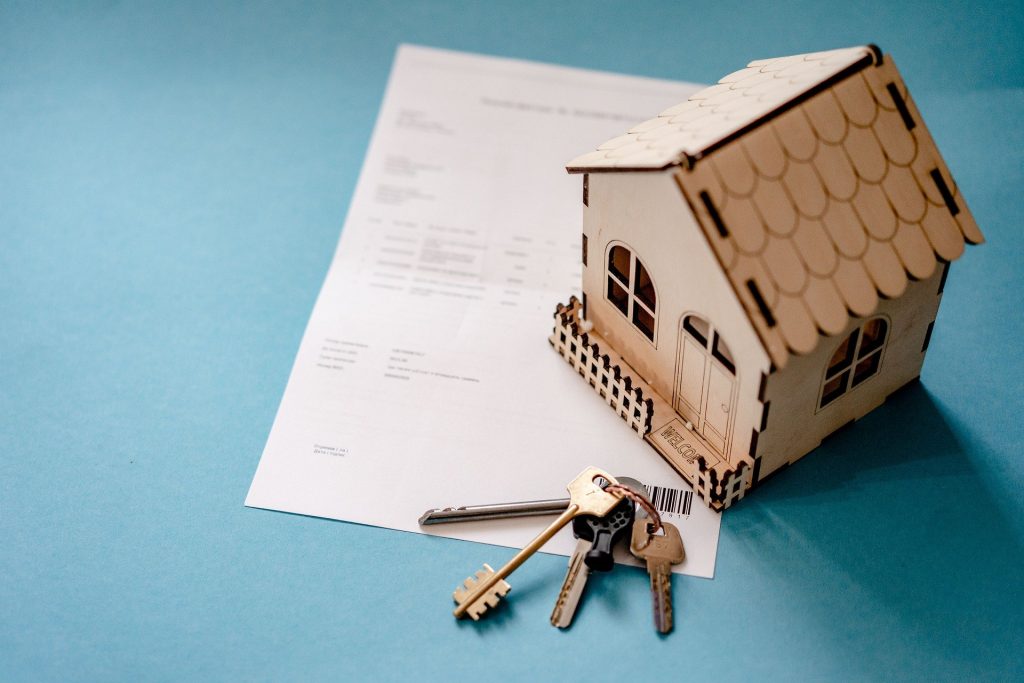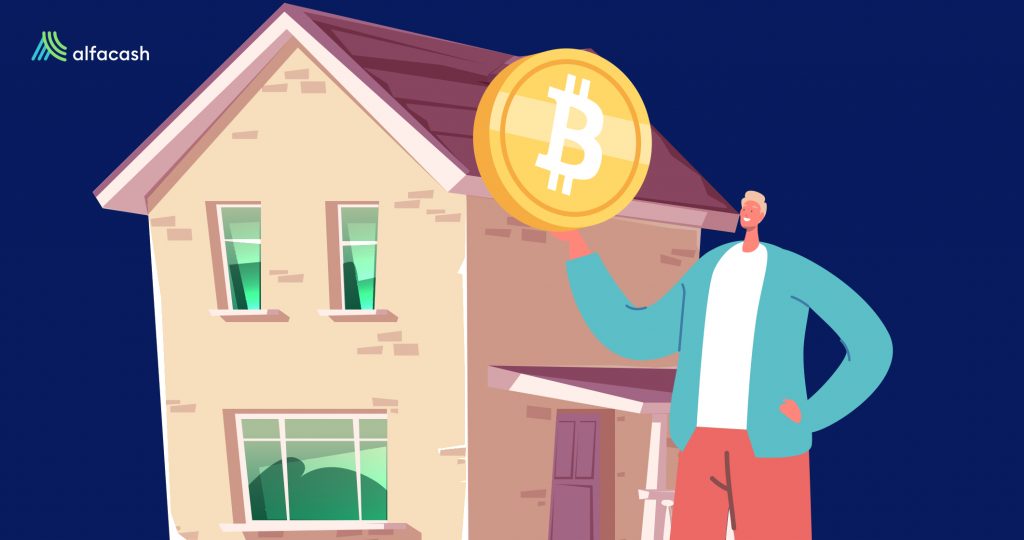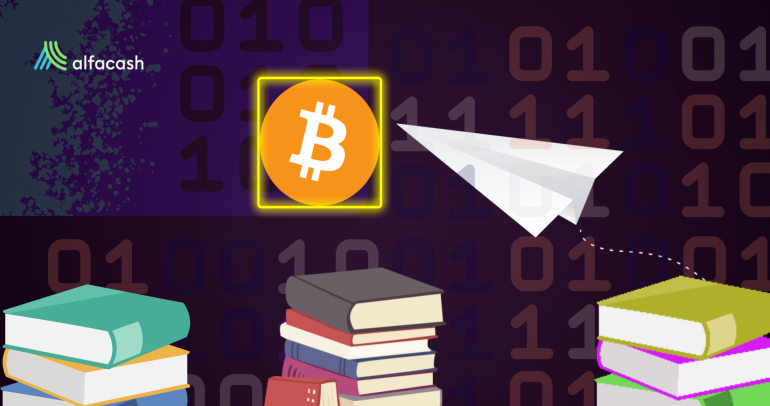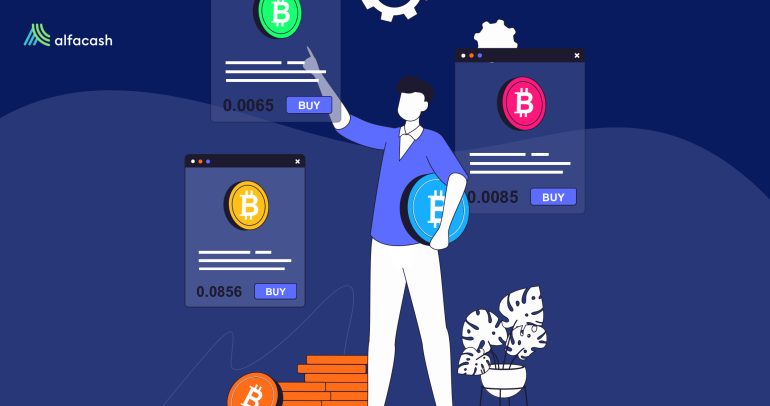They may look like two completely different investments, but they can be closely related. The real estate industry is somehow difficult to access by everyone, since the initial capital needed for it is usually too high, not to mention the legal requirements. Believe it or not, Crypto is now presenting itself as one of the best solutions for the real estate sector.
By using blockchainBlockchain is a type of database storing an immutable set of data, verifiable to anyone with access to it —through... platforms and digital assets, anyone can now invest in real estate without so many barriers. And even just handing small amounts to receive a steady passive income. Let’s check how this works, and some active projects.
Buying real estate with crypto
Of course, this is perhaps the most evident way: buy properties in exchange for cryptocurrencies. If not popular in the past, now we even have several listing websites to find all kinds of properties worldwide being sold for different cryptocurrencies. For instance, the marketplace Crypto Real Estate has over 1,400 properties available to buy with BitcoinBitcoin is the first decentralized digital currency. It was created in 2009, by an anonymous founder or group of founders... More (BTCAn abbreviation for Bitcoin.) and other assets, across Asia, Europe, Latin America, and the U.S.

However, the services to buy real estate with crypto don’t end there. Some real estate firms, like the Spanish Caliber & Partners and the American Crypto Realty Group, offer intermediation services to purchase any type of real estate using cryptos, even if the owner only wants fiat currency. The American firm Caruso is also offering rentals with Bitcoin as a payment method.
Beyond the mere payments, several crypto startups are aiming to improve the acquisition process itself. In this field, we can find companies like Smart Realty, ShelterZoom, Ubiquity, and Propy using smart contracts and Non-Fungible Tokens (NFTs) to close deals swiftly and without more intermediaries. The property titles verified and owned as NFTs are becoming usual. Meanwhile, firms like Figure and Milo offer crypto mortgages for home purchases.
Tokenized (fractional) real estate
This is probably the most popular type of investment in real estate with crypto. The concept is simple: split the whole property ownership into tiny parts, represented by blockchain tokens. These tokens can be as cheap as $10 per unit, and they could symbolize one millionth of the value of the underlying building, for example.
After an initial period of holding, they can be bought and sold like any other token, at the price of the market. If the underlying property is sold, the investors receive their part. If it’s rented, they also receive their part every month —directly proportional to the amount invested. This way, anyone, everywhere, can invest small amounts in all types of buildings worldwide, diversifying their portfolio and even gaining some passive income.

Among the crypto real estate companies working with this proposal, we have HoneyBricks, RealT, Vairt, and Blocksquare. All of them may differ in some features, like the selected chain, type of tokens, property locations, and amount of entrance. It depends on every investor to choose one platform according to their needs (DYOR).
Startups and new technologies
Another way to invest crypto in real estate is by looking beyond the properties themselves. There are some interesting and novel related projects around, trying to raise funds through crowdsales (ICOs), NFTs, or Decentralized Autonomous Organizations (DAOs). Since they’re not fully established yet, this is a type of high-risk investment, but it could also be an early opportunity to access.
We can’t recommend any particular project, but we can mention some of them as examples. The Real Estate Investment Club (REIC) is building now an NFT collection of Metaverse avatars that will work as memberships for their platform. Aside from the virtual benefits, like events, education, or entertainment; they’re also planning to offer tokenized properties for investment. The minting is still to be announced (TBA).
EstateX is another new project with a pending crowdsale. They’re planning to create a platform of tokenized real estate with an entrance as low as $100. For now, interested parties are required to join the whitelist and wait for the $ESX token presale. The firm Brick by Brick is offering something similar with their own DAO, BRICKN. They’re also adding eco-friendly properties, NFTs for governance, and staking rewards.
Virtual lands
We’ve reached a time when land and buildings are not just physical, but also virtual —with real value, nonetheless. These virtual properties exist inside Metaverses (digital worlds with their own rules and economies), usually, as NFTs. They can be bought and sold using cryptocurrencies and following the laws of supply and demand. What are they good for, you may ask? Well, that heavily depends on the Metaverse involved.
Besides the collectible features, the virtual lands can serve to host digital events with avatars, gain benefits inside the game or platform, advertise a business, rent them to earn from others, or buy and sell. To sum it up, they are, for all intents and purposes, the virtual and crypto equivalent to real estate in the physical world.
And they can be very expensive since a fever for the Metaverse is spreading. Popular chains offering virtual lands are Decentraland, The Sandbox, Axie Infinity, Next Earth, and Bit.Country. Companies like Safari, Gucci, Samsung, Adidas, and Nike already have their own spaces in the Metaverse. But it was the NFT brand Republic Realm who made a record in The Sandbox, buying an exclusive virtual plot for $4.3 million. So, yes, this can also be a profitable investment.
Wanna trade BTC, ETH, and other tokens? You can do it safely on Alfacash! And don’t forget we’re talking about this and many other things on our social media.
Telegram * Facebook * Instagram * YouTube *Twitter








